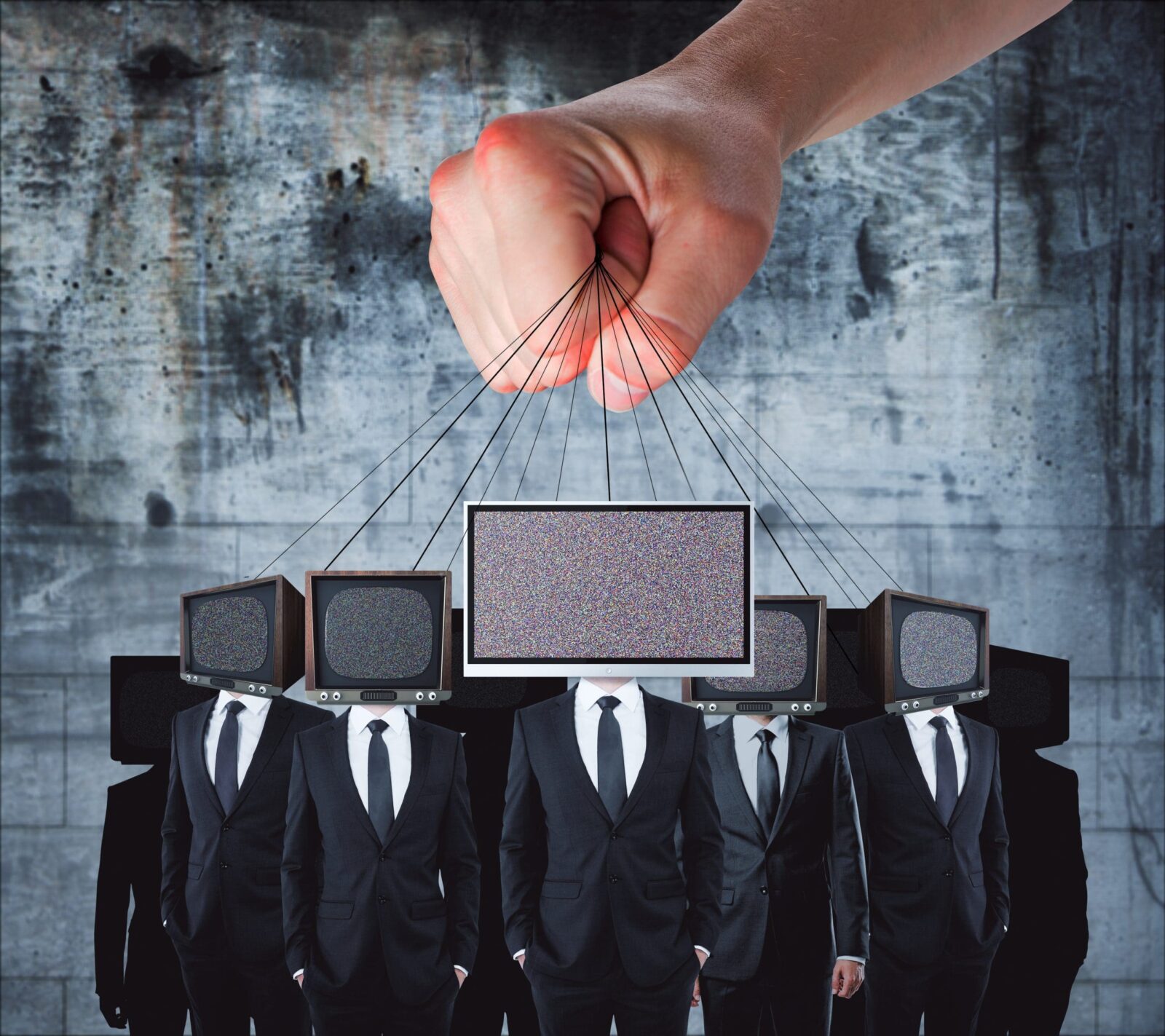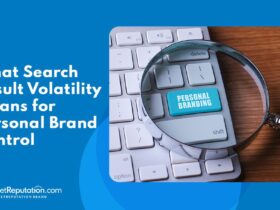Propaganda can subtly and negatively affect your online reputation. To navigate online perceptions effectively, it’s important to understand the different types of propaganda—such as disinformation, belief manipulation, and fake reviews. This knowledge is essential for managing consumer perceptions and ensuring effective public relations, especially as misinformation campaigns continue to rise.
What Is Propaganda?
At its core, propaganda is a systematic effort to influence public opinion and manipulate people’s beliefs. It often uses mass media as a tool to spread information. Political campaigns, in particular, rely on marketing strategies and emotional appeals to sway voters. Techniques like name-calling, card stacking, and glittering generalities are common tactics used in political propaganda to influence the public.
Today, propaganda has evolved to leverage social media and online platforms. Through celebrity endorsements and targeted advertising, it shapes public perception. This form of advertising can dramatically alter beliefs, often using emotional appeals to achieve a specific impact.
How Does Propaganda Affect Online Reputation?
Propaganda can distort public perception and damage credibility, especially in the age of social media. Misinformation spreads quickly, impacting individuals and brands alike. Tactics like emotional manipulation and media distortion shape how we are viewed online, affecting reputation management efforts. This is particularly true during political campaigns or when launching major campaigns aimed at gaining audience support.
Types of Propaganda That Can Harm Your Online Reputation
1. Disinformation
Disinformation is deliberately spreading false information to mislead the public and manipulate their beliefs. It is especially common during political campaigns or influence operations, where social media amplifies misleading narratives designed to provoke emotional reactions. Such campaigns can erode trust in democratic institutions and create polarized communities. Recognizing and combating disinformation is key to fostering an informed society.
2. Manipulation
Manipulation in propaganda involves using influence tactics to shape perceptions and behaviors. Often, emotional appeals to fear, anger, or hope are used. In political campaigns and advertising, tactics like framing, social proof, and scarcity influence public opinion and decision-making. These methods impact immediate choices and shape long-term perceptions, affecting electoral outcomes and consumer behavior.
3. Fear-mongering
Fear-mongering uses exaggerated threats to manipulate beliefs and behaviors. It often aims to rally support or provoke panic in political discourse and advertising. While effective in swaying public opinion, fear-mongering can increase anxiety, divisiveness, and mistrust. These long-term emotional and societal consequences make it a dangerous tactic for shaping public views.
4. Scapegoating
Scapegoating involves blaming an individual or group for problems, diverting attention from real issues. Historically used during times of crisis, this tactic is often amplified through social media, fueling division and undermining rational discourse. Understanding scapegoating is key to combating its harmful effects. It creates emotional responses that detract from factual discussions, fostering societal division.
5. Stereotyping
Stereotyping uses generalized and oversimplified beliefs about a group to manipulate emotions and influence public opinion. This tactic perpetuates discrimination and social division by fostering inaccurate perceptions of people. It is rooted in selective media portrayals and can have long-lasting effects on societal attitudes, making it essential to promote education and media literacy to challenge these simplistic divisions.
6. Misrepresentation
Misrepresentation distorts facts to manipulate public opinion. Selectively omitting or fabricating information breeds mistrust, shaping misguided beliefs and actions. To combat misrepresentation, it’s vital to enhance critical thinking, cross-reference sources, and promote media literacy to build a more informed society.
7. Conspiracy Theories
Conspiracy theories promote hidden plots by powerful actors, distorting facts and manipulating public perception. These theories spread widely on social media, create emotional reactions, and erode trust in traditional news outlets. Understanding the emotional drivers behind these theories is essential for fostering healthier discourse and improving media literacy to prevent the divisive effects of misinformation.
8. False Reviews
False reviews manipulate public opinion and harm online reputations. Often fabricated to mislead consumers, they distort perceptions of products or services, eroding trust in review systems and damaging businesses. Combating this issue requires consumer awareness and regulatory oversight to ensure a fair marketplace.
How to Protect Your Online Reputation from Propaganda?
Protecting your online reputation from propaganda requires proactive strategies. As false narratives continue to rise, it’s crucial to develop effective response strategies. Tools like online testimonials can help reinforce your credibility and maintain a positive online image.
Monitor Your Online Presence
Regularly monitoring your online presence is essential for managing your reputation and addressing misinformation affecting public perception. Businesses and individuals can spot potential issues early by tracking their digital footprint, allowing for timely responses. Tools like Google Alerts and social media monitoring software help track mentions, while reputation management services provide valuable insights. Engaging with your audience and using analytics platforms to measure sentiment can help you stay ahead of any negative content and build a more resilient, positive online presence.
Respond to Negative Information Promptly and Professionally
Responding to negative information quickly and professionally can minimize damage to your reputation. A timely response shows that you value your audience’s concerns and are committed to transparency. Ensure your response is clear, informative, and empathetic, outlining steps to resolve the issue. Maintaining a calm and respectful tone can turn a negative situation into an opportunity for positive engagement, demonstrating accountability and fostering trust.
Build a Strong Online Presence
Building a strong online presence is crucial for protecting your reputation against propaganda attacks. Consistently creating authentic content across digital platforms helps establish credibility and fosters positive public perception. Regularly engaging with your audience through social media, blogs, and live interactions can enhance visibility. Additionally, using analytics to understand audience preferences and creating valuable resources, like eBooks or webinars, can further strengthen your online reputation.
Educate Yourself and Others About Propaganda
Educating yourself and others about propaganda is key to combating misinformation and building public awareness. Understanding the psychological motivations behind propaganda allows individuals to critically assess the messages they encounter. Promoting media literacy, particularly in educational systems, equips future generations with the tools to resist manipulation and engage in reasoned discourse. Critical thinking skills are vital in recognizing bias, evaluating sources, and making informed decisions, ultimately helping to protect democratic values from deceptive narratives.
Seek Legal Action if Necessary
If propaganda significantly harms your online reputation, legal action may be necessary to protect your image. In cases of defamatory content, pursuing a defamation lawsuit or sending a cease-and-desist letter can help address the spread of false information. Legal advice from a defamation expert can guide you through the process, ensuring your rights are protected. Gathering evidence and identifying responsible parties are essential to seeking justice and safeguarding your reputation.















